Kindergarten is the first institution in which the child finds himself in completely different conditions from home. He is being offered new rules that must be followed. Of course, this upsets the child, and a rare kid happily runs into the kindergarten. Adaptation can take several months. To smooth out the negative impression of the baby from the children's institution, parents should pay attention to the following circumstances.
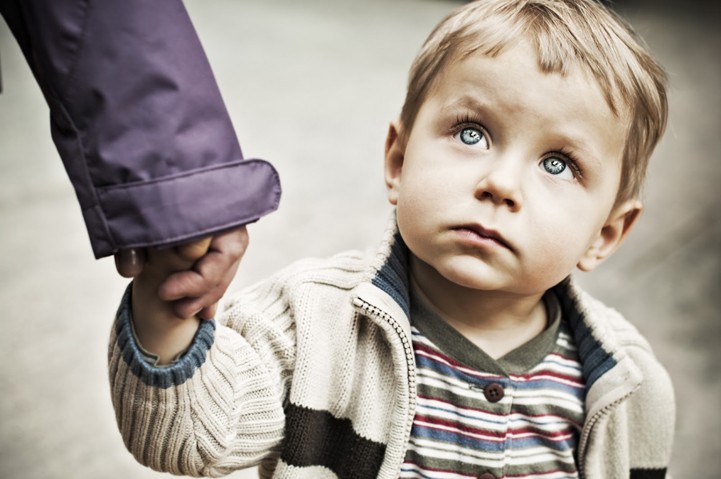
Nutrition
Sadikovskaya cuisine is very different from home cooking. It smells different and looks, and the taste can be completely unfamiliar. This does not mean that in the garden, food is better or worse than homemade. She's just different. The kid simply did not try many dishes from the state assortment at home. To make acquaintance with kindergarten dishes not so harsh, you can start cooking from the same ingredients at home and offer your child dishes from the kindergarten menu. You can learn it in kindergarten - it is usually hung out near the kitchen, in the locker room or published on the institution's website. You can find out about the recipe and cooking algorithm from the kitchen staff or the assistant tutor.

The addiction to eating in kindergarten on average takes two months - during this time the child can eat poorly, and this is expected. If mom is concerned about nutrition, she should be mentally prepared for this period. Almost every child categorically refuses to eat at least something in the first couple of days in kindergarten. Do I need to feed at home in the evening or offer him breakfast in the morning? Each mother decides for herself, but you need to understand that, after eating a homemade breakfast, the child will most likely not eat in the kindergarten. And if he gets used to having dinner both in the garden and at home, this can lead to overfeeding and, in the future, to eating disorders.
What to do? Just wait for the time needed to adapt. If after two months the child has not started eating in the proposed regimen, it makes sense to seek the advice of a pediatrician or child psychologist. Perhaps the child does not eat, not because he does not taste good, but because he does not feel comfortable in the kindergarten. It is impossible to eat without a sense of confidence, safety and comfort. If the child does not eat in the garden, the parent's task is to figure out how the baby feels.
We also read:
Important: you did not leave him!
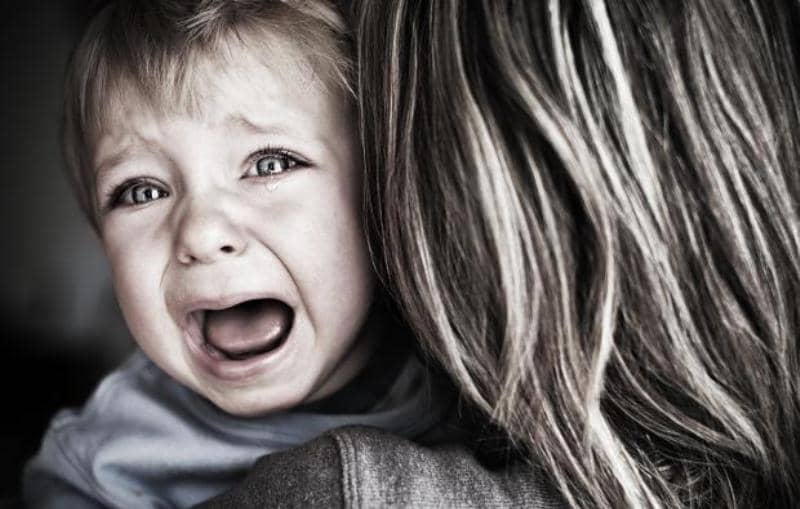
The first visits to the kindergarten are the most painful. The child does not want to part with his parents; he may think that he is being abandoned. To avoid this, during the adaptation period it is important to spend a lot of time with the child. It is necessary to give him maximum attention and strength, play important for him and his favorite games. The kid should feel that his family is with him.And the way it will be the time when your phone or tablet will be turned off, and all your attention will be fully devoted to it.
Daytime sleep
The problem of falling asleep in a quiet hour often occurs. The kid cannot relax and feel comfortable in the dormitory with a large number of other children. To smooth out this discomfort, you can give your child a kindergarten toy with which he will fall asleep. It is important that the baby chooses this toy. It may not even be a toy, but some kind of personal thing from home. She will give him a sense of peace, security, help to relax. It is necessary to discuss this point with the teacher. Teachers usually meet you, you just need to inform them about the features of falling asleep in your child.
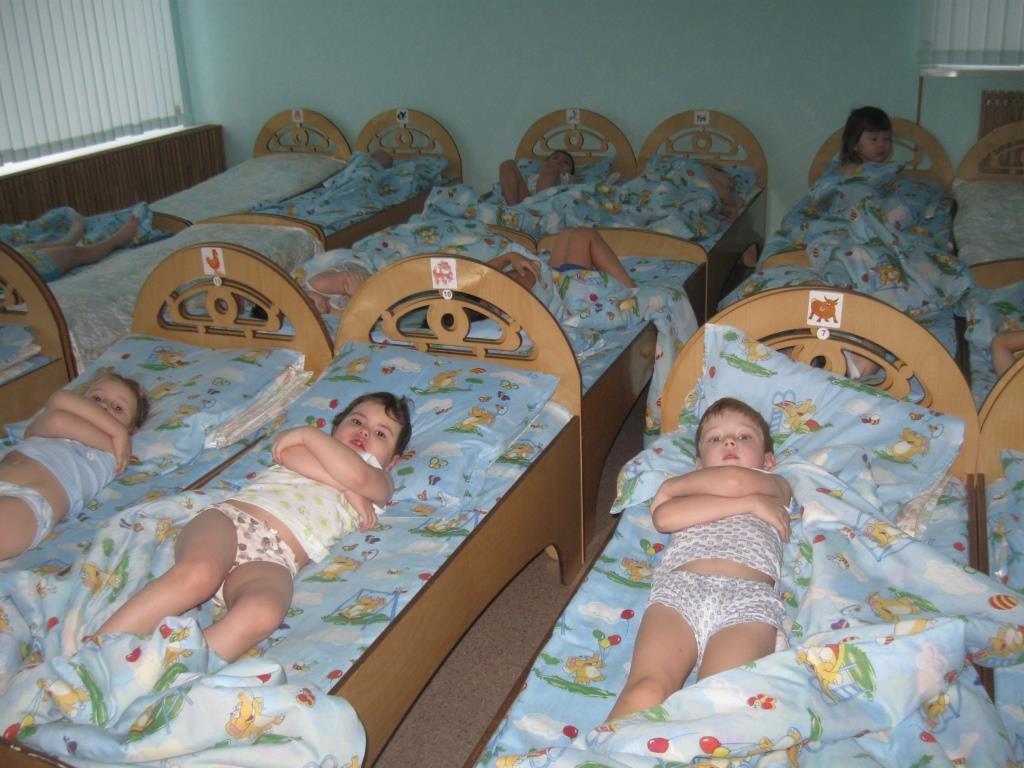
In the West, such a thing as a quiet hour simply does not exist. At least not exactly in the sense we are used to. In many European gardens, bedrooms and beds for children are simply not provided. It is believed that if a child wants to sleep during the day, he will settle on a sports mat, and in the same clothes in which he was brought to the garden.
Domestic educators are of the opinion that in preschool children need daytime sleep. Many children do not share this opinion and by the age of three or four they completely abandon their daytime sleep. But in the kindergarten you need to adhere to the established regime. During a quiet hour, the child is required to be in bed and, if he did not sleep, at least lie quietly. To achieve this from a sleeping child is very difficult.
In most cases, after a period of adaptation, even those who abandoned their daytime sleep fall asleep in a quiet hour. If the child flatly refuses, then the parents should talk with the teachers and find a joint effort to spend time for the baby at a time when the other children are sleeping. For example, a child can play silently in a playroom or draw or look at books. Also, parents can give him a player with audio books. But this option is only suitable for children who can behave quietly and for some time not distract other children and carers. Yes, you must understand that a kindergarten is an institution in which there are many children, which means that an individual approach cannot be there. The teacher will not be engaged with one “non-mode” child when the others adhere to the established regime.
Usually, caregivers take a rather rigid position: the time of a quiet hour, the sleeping baby should be in bed and lie quiet so as not to wake anyone. In fact, for a child at this age, such a task is overwhelming and turns into torture. Think about how you would feel if you did not want to sleep, but you would be forced to lie in bed for two hours every day, looking at the ceiling. But it is precisely to this child that the teachers call on - no one will entertain your baby with a quiet conversation or read fairy tales to him. Only the parents can defend the interests of the baby in such sad realities. Talk with the teachers, with the head and try together to come up with the option that suits your child. For example, you can agree that during the siesta the kid will quietly go about his business in the play area or the teacher will include an audio tale in the player.
Delicate problem
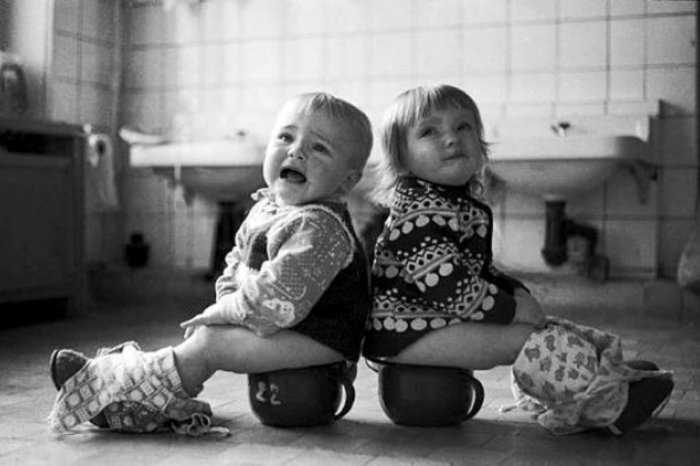
The child may signal differently that he is uncomfortable in the kindergarten. One of these signals is the refusal to defecate in the kindergarten. Often children do their “big” toilet things only at home. It has nothing to do with skill. use a pot. Just to relax for such an intimate process, a child can only at home walls, and in the kindergarten he is uncomfortable. During adaptation - that is, in the first two months - this is normal, but then, if the baby was still unable to cope with this discomfort, parents can talk about this with a psychologist.
Conflicts
Fights and other conflicts in the garden are a common thing and a natural process. Children interact, learn to communicate. With ideal behavior, few are born - you need to learn this, and in the process of learning, children fight and bite. Good manners will comprehend gradually. But you will greatly help the baby, start right now to teach him to get acquainted with other children, politely ask for a toy he likes and wait for his turn. These simple lessons can be taught to the kid while walking on the playground. But useful skills will not be learned immediately.

If the child is fighting in the kindergarten, parents need to be especially careful. Do not think that everything will go away by itself, or that educators will deal with this problem. But parents raise a child, not a kindergarten. That is why the teacher only talks about the conflict or the fight, and also tries to prevent it within the walls of the institution, but at the same time strongly recommends that the parents talk to the child. The problem is that with a three year old, talking about fights is useless. He does not perceive notations - neither from parents, nor from teachers. The only way out is to stop aggression on the spot. That is what educators do in the garden. But the rest of the time, this is the task of the parents. Only the joint work of teachers in kindergarten and parents at home or on the playground can bring success.
Mode change
Kindergarten - an institution in which the regime rules. Observing it is an important condition for a preschooler and his parents. The best that parents can do is prepare the baby for the regimen. It is worth starting the preparation a couple of months before the first visit to the garden. It is necessary to show the child that there is a certain time for meals, activities, daytime sleep. The hardest things for children are given an early rise.
We also read:
Parents and themselves need to get used to the new schedule, because when the baby becomes a "kindergartener", morning training will be joint. Good morning is the key to a good day. It makes sense to calculate how much time the fees to the kindergarten require, prepare for them and even rehearse. Such preparation will help to avoid morning tears and scandals, the child will come to kindergarten calm and ready for new discoveries. But is this not the main goal of the parents?
If every morning will take place in irritation, tears and haste, and the training camp will resemble a race for survival, the baby will come to the garden in an upright state and in a completely inappropriate mood. Just imagine how he will spend his day after such a “good” morning.
We also read:
- Mistakes of parents, because of which the child does not want to go to kindergarten
- Adaptation of the child to kindergarten: what parents need to know
- Home education as an alternative to kindergarten: advantages and disadvantages
- What a child should be able to do in front of a kindergarten - 4 useful skills
- 7 skills that a child must learn before kindergarten
What to do so that the child would like to go to kindergarten?
Adaptation to kindergarten: 4 mistakes of parents. How to prepare a child for kindergarten. Advises Alena Popova



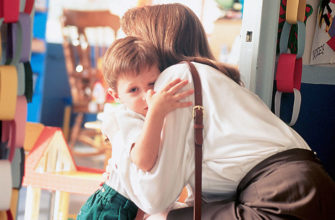



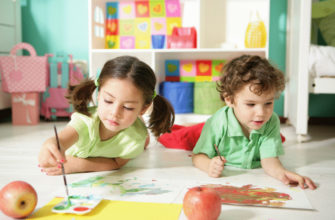

YES, when a child begins to go to kindergarten - this is a whole transition period, full of many problems! We also encountered reluctance to go to kindergarten, nutritional problems, and conflicts with other children. In general, almost everything, but managed in the end!
My girlfriend also faced such a problem, but it was only the first couple of days, and then the child himself was interested in the garden because he met other children there, in general, it takes time, if it does not help, then change the garden.